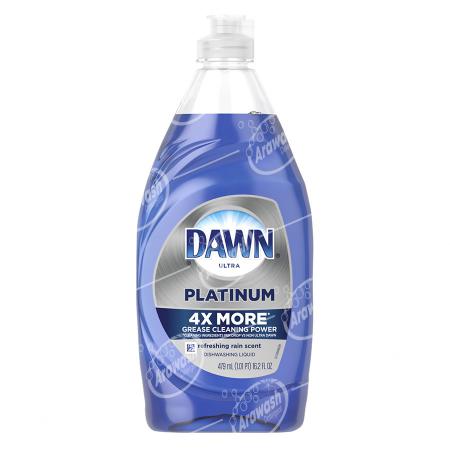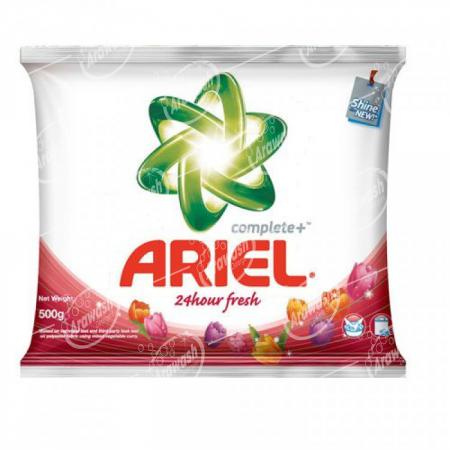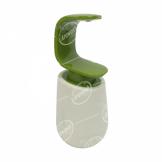What you will read ...
Many manufacturing companies in various cities around the
country produce Herbal hand soap. The largest Herbal soap makers in the country
supply these soaps with a variety of fragrances and different packaging and
high quality for sale. These manufacturers are always trying to produce the
best products in order to maintain their position in the market and to gain
more customers every day so that they can make more money. Various herbal soaps
are sold, including forty herbal soap. Skin herbal soaps are sold through
outlets.
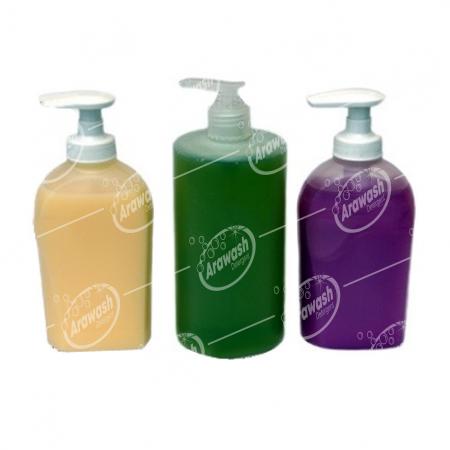
Major Suppliers of Herbal Hand Soap
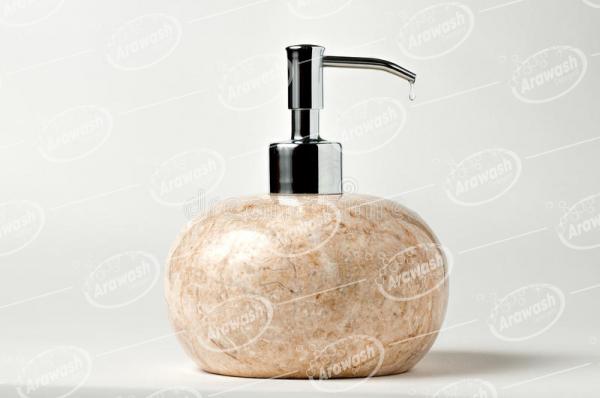
There are 17,755 Herbal hand soap products offered for sale
by suppliers on reputable stores. Most of
which softsoap hand soap and gentle hand soap account for 31%, Hotel soap account
for 17%, and bath Soap account for 1%. A wide diversity of hand soap
options is to you by hand soap manufacturers, such as
green tea. You can also pick from chemical, herbal, and mineral hand soap, along
with from adults, children, and babies hand soap. There are 17,753 suppliers
who retail Herbal hand soap. primarily located in Asia. The maximum countries
of suppliers are India, China, and India, from which the proportion of hand
soap supply is 1%, 90%, and 1% respectively.
Buy and sell high quality soap at cheap prices
Soap sales across the country are marketed at different
prices. Some manufacturers sell their products at high prices and there are
some manufacturers that deliver their quality products to customers at a
reasonable price. Buy and sell high-quality soaps at cheap prices through
online shopping centers or online websites. Each manufacturer manufactures
soaps based on specific skin types and uses the finest quality raw materials to
suit different skin types such as oily skin, dry skin, etc. in the manufacture
and production of these soap. Each of these soaps has a different price. For
example, the price of pomegranate soap differs from that of other soaps.
Not every soap is suitable for every skin, and everyone
should know their skin first and then choose and buy their own soap that can be
different from oily or dry skin. The types of herbal soaps in the Iranian
market can be divided into four categories: oily soap, dry soap, ordinary soap,
mixed soap. The most appropriate soap can be said to be mild soaps and glycerin
containing soap. Which will make the skin soft and soft. To know what the
properties of each soap are, first, we need to know what the ingredients are.
For example, cedar and henna are anti-dandruff and fungi that strengthen the
scalp, rosemary, marigold, and chamomile are anti-itching and fennel treatments.
Stains on the face and also eliminates sunburnt olive oil. Aloe Vera helps repair
skin. Some buyers also buy handmade soap and believe that this type of soap is
the best soap on the market.
Purchasing Soap in Bulk
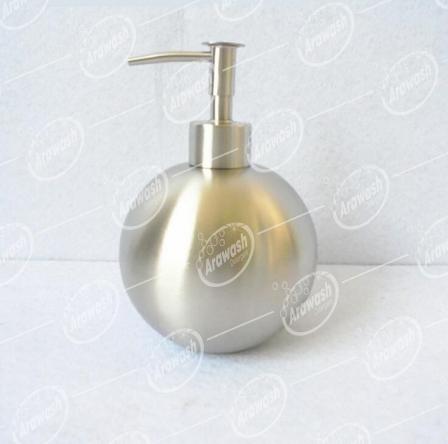
Buying soap in bulk has
many benefits. Buying soap can have many different benefits. The first
advantage is that by buying a detergent it costs less and you actually pay less
for each product. Getting selected from reputable and popular brands can be
challenging. In this article, we are going to examine the authentic soap brands
produced in Iran. As you know, soap makers have developed a variety of
different products, each with their own specific needs, based on the different
needs of the detergent market. Facial wash, bath soap, antibacterial soap and
fungus clearing soap, anti-acne and stain soap and exfoliating soap. Fortunately,
various Iranian companies are active in the production of soap, which their
products can match with foreign ones.
The quality and efficiency of these brands have been tested and have been able to find loyal
customers for themselves. One of the types of soaps is the hotel soaps. These
hotel-specific detergents are manufactured and used exclusively in residential
establishments. Its high quality has been able to satisfy the guests of various
hotels and find loyal customers from the hotel business.
How to Choose Hotel soap?
Choosing a hotel soap is an important issue for you dear
hoteliers who care about cleaning and cleaning the hotel as well as the
satisfaction of guests with the hotel detergent. Fixes this field.
One of these products is baby soap. Because of their
delicate and sensitive skin, children need a detergent that is different from
ordinary soaps for washing. Of the features a quality baby soap needs. It has
the compatibility with the children’s eyes. This feature makes the children’s
eyes do not burn when using this soap. The baby soap has gained a good place in
the detergent market because of its good properties. The product can be
accessed through the following ways:
- Buying through detergent dealers
- Buy direct from the factory
- Wholesale purchases from reputable dealers and online
detergent wholesale sites - Shopping through large stores and supermarkets
Another product we are going to introduce to you is a laundry
soap. Soap makers can make new products with different functions by changing
soap ingredients. As mentioned earlier, because of Different requirements for
cleaning and cleaning, detergents manufacturers have also diversified their
products to suit the needs of consumers. One of them is the need for a product
that can wash clothes well so that no stains, Do not leave grease and dirt on
it. Here are the benefits of soap:
- High quality and excellent cleaning power
- Good foaming power
- Mild and pleasant aroma
- The skin of the hand does not irritate after washing
- It does not cause dry skin to dry out.
Which Herbal soap is the best?
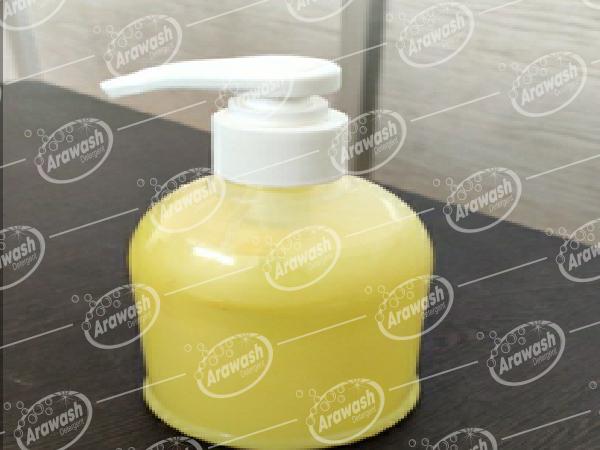
The most suitable soaps for dry skin are mild and
water-repellent soaps such as creamy soaps and glycerin. The glycerol in the
soap blend removes moisture and dries the skin. So these people should not use
hard soaps that have higher mineral and chemical constituents. The best option
for oily skin, which is prone to acne or acne due to high fat, is to use a
combination of anti-acne and antibacterial soaps.
- Properties of some herbal soaps
In order to know what unique properties of a particular
herbal soap have, we must know what herbal and with what properties it is added
to the soap raw material. For example, some herbs, such as cedar and henna, are
anti-dandruff and anti-fungal, and at the same time strengthen the hair.
Chamomile, rosemary, and marshmallow relieve skin itching. In addition, the
flower has a softening effect.
Fennel is useful for the treatment of facial patches, and
olive oil helps to relieve the effects of sunburn while softening the skin and
hair. Wheat germ, while serving as a good vitamin for the skin, can also help
increase its elasticity. The variety of soaps and their properties is so great
that you probably have to choose a few soap models to suit your skin type so
you can finally find your favorite soap.
Researchers’ theory of the most appropriate soap
Scientists at Hair and Hair emphasize that knowing each
person’s skin type will help them choose the best soap to suit their skin,
especially facial wash. Daily face wash with soap is not one of the most
important recipes for all people. Most people with dry skin should never wash
their face more than once a day, and in some cases even daily face wash with
soap. no need. On the contrary, in people with oily skin, at least twice a day
with soap is essential. Most people are aware that soap has an alkaline
character, which means that soap can be cleansed. But removing the contaminants
absorbed into the skin through soap results in the loss of skin fat. That is,
if there is a small amount of grease on the skin, the same amount is washed
away and causes other problems. Choose the right soap or detergent that fits
your skin
- The best and most suitable soap for dry skin
The best and most compatible type of soap for you is mild
and waterproof soaps such as creamy soaps and glycerin. Glycerol in the soap
blend, moisturizes the skin and relieves dryness and cracking. So people with
dry skin should not under any circumstances use hard soaps that contain a lot
of minerals and chemicals.
- The best and most suitable soap for oily skin
These people can use combination soaps with anti-acne,
anti-bacterial and germs.
- The best and most suitable soap for acne skin
Anti-acne medicinal soaps are also useful for people who are
prone to acne and acne, but taking it more than twice a day is not recommended.
Also, people with high perspiration who suffer from unpleasant odor can use
antiperspirant or deodorant soaps.
People who are more vulnerable and sensitive to the skin,
such as children and the elderly, or those who have had sensitive skin due to
disease or laser therapy, should be treated with soap as much as possible, and
in the first place, it is better. Use soap only to replace soap gels if they
have to use soap. But fragrance soaps are irritating to the skin, especially in
those with sensitive skin or allergies. Not recommended.
- What soap is not suitable for face washing?
- Soap containing fine particles
- Soap with very high or very low pH
- Acidic soaps
- Scented soaps
- Colored soaps with fragrance
- Fine soaps
- Highly glycerol soaps
- Household soaps whose composition is unclear
The Manufacturing Process of Making Soap
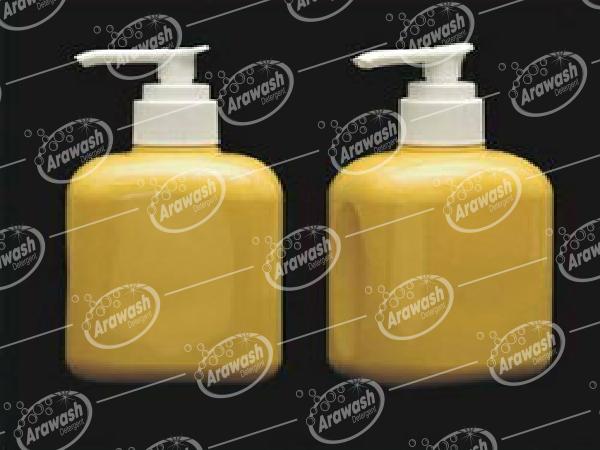
Soap needs two main raw materials: fat and alkali. The most
commonly used alkaline substance is sodium hydroxide. Potassium hydroxide can
also be used. Potassium-based soap produces a more water-soluble product than
sodium-based soap and is therefore called “soft soap”. Softsoap is
usually used alone or in combination with sodium-based soap in shaving
products. In the past, animal fat was obtained directly from
slaughterhouses. New soap makers use the fat that is processed into fatty acids. In
this way, many impurities are removed and water is produced as a by-product
instead of glycerin. Many vegetable fats, such as olive oil, palm kernel oil, and coconut oil, are also used in soap making. Additives are also used to
improve the color, texture, and aroma of soap. The fragrance and fragrance are
added to the soap mix to cover up the dirty smell and leave a fragrant scent.
Abrasives such as talc, silica, marble, and bentonite are
also added to improve soap texture. Soap that does not add color is gray or
brownish brown. So new manufacturers are dyeing soap to make it more appealing
to consumers. Kettle making soap is nowadays used by small soap companies. This
process takes 2 to 5 days to complete. Around the year, engineers and
scientists proposed a more efficient production process called continuous
process. This method has been used by soap companies around the world. In the
on-going process, as it is called, instead of producing a single batch of soap,
it is produced continuously. In the on-going process, technicians have more
control over production and go much faster than the kettle method. In this way, it only takes about six hours to complete the soap batch process.
- The kettle method
The kettle method of making soap is still used today by
small soap manufacturing companies. This process takes from four to eleven days
to complete, and the quality of each batch is inconsistent due to the variety
of oils used. Around 1940, engineers and scientists developed a more efficient
manufacturing process, called the continuous process. This procedure is
employed by large soap manufacturing companies all around the world today.
Exactly as the name states, in the continuous process soap is produced
continuously, rather than one batch at a time. Technicians have more control of
the production in the continuous process, and the steps are much quicker than
in the kettle method—it takes only about six hours. The manufacturing of soaps and detergents is a complex
process that involves different activities and processes. The size and
complexity of these processes and activities may range from small manufacturing
plants that employ a small number of people to those with hundreds and
thousands of workers. products may range from all-purpose products that are
used for a specific application or requirement.
Selection of Raw Materials for Soap Manufacturing
Mixer Machine The first phase in the manufacturing of soaps
and detergents is the selection of raw materials. Raw materials are selected on
the basis of various factors, including – cost, human and environmental safety,
compatibility with other ingredients, and the performance characteristics and
appearance of the final product. While the actual production process may vary from
company to company and manufacturer to manufacturer, there are some steps,
which are common to all types of cleaning products.
- Saponification Process for Soap Manufacturing
Saponification processes are chemical soap manufacturing
processes that produce soap from fatty acid derivatives. The saponification process
for soap manufacturing involves hydrolysis of esters under basic conditions to
form an alcohol and the salt of a carboxylic acid (carboxylates). Saponifiable
substances are the soaps and detergent ingredients that can be converted into
soap. In Saponification soap manufacturing processes, vegetable
oils and animal fats are used for making soaps. Triesters or Triglycerides are
the greasy materials derived from these diverse fatty acids. Soap manufacturing
is done in a one-step or a two-step process. In the one-step soap manufacturing
process, the triglyceride is treated with a strong base, for example, lye, that
accelerates cleavage of the ester bond and releases the fatty acid salt and
glycerol. This one step soap manufacturing process is the key industrial method
for producing glycerol. Sometimes soaps may be precipitated by salting it out
with saturated sodium chloride. For soap manufacturing, triglycerides are
highly purified but the saponification process includes another base hydrolysis of
unpurified triglycerides. For example, the conversion of the fat of a corpse
into adipocere, sometimes known as “grave wax.” This soap
manufacturing process is more common where the amount of fatty tissue is high,
the agents of decomposition are absent or are negligibly present, and the
burial ground is particularly alkaline.

 detergent co Price, purchase, sale of detergents
detergent co Price, purchase, sale of detergents
